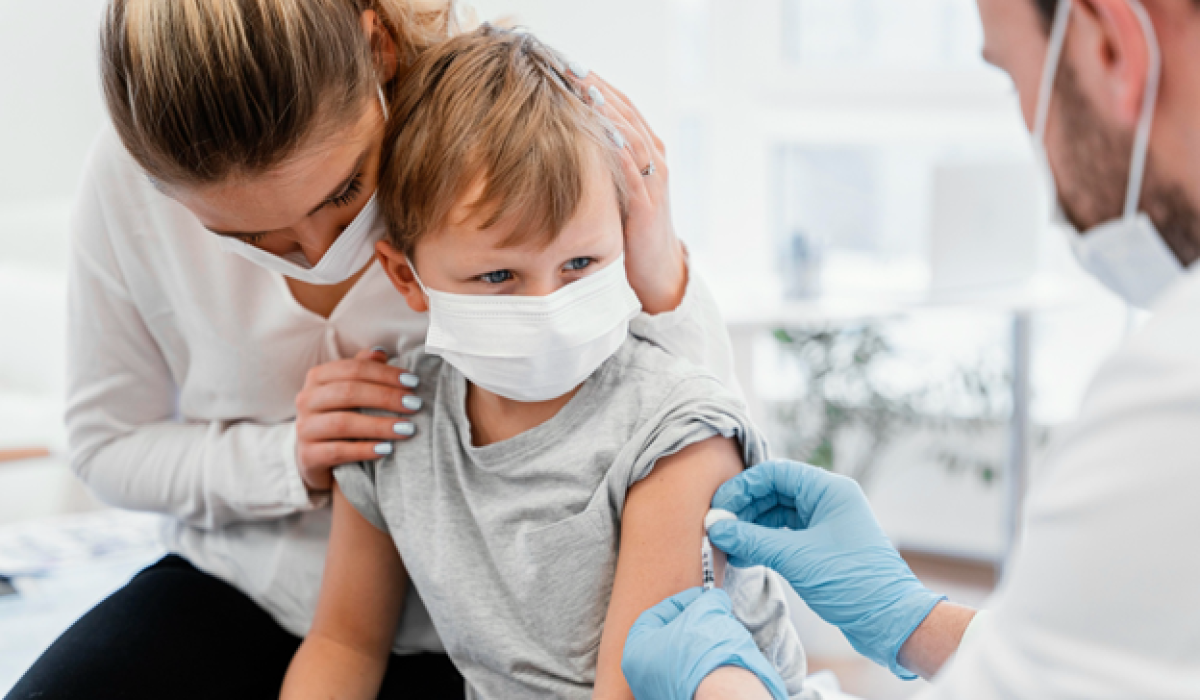Vaccination is a key part of keeping children healthy and preventing serious illnesses. Vaccines protect against diseases that were once common and can be severe. Understanding why vaccinations are important, the schedule for getting them, and how to address common concerns can help parents make the best choices for their children’s health.
Why Vaccinations Matter
Vaccines are crucial for keeping children safe from dangerous diseases. They work by training the body’s immune system to fight specific germs, so children are less likely to get sick. When enough people get vaccinated, it helps protect everyone, including those who can’t be vaccinated due to health reasons.
Benefits of Vaccination
- Prevents Serious Illnesses: Vaccines protect against diseases like measles, whooping cough, polio, and more. These illnesses can be very serious or even fatal, but vaccines help prevent them.
- Reduces Spread of Disease: When many people are vaccinated, it lowers the chances of diseases spreading in the community. This helps protect people who are at higher risk, like babies, elderly people, and those with weakened immune systems.
- Promotes Long-Term Health: By preventing diseases, vaccines help ensure that children stay healthy and avoid long-term health issues.
- Cost-Effective: Vaccines are a smart investment. They save money by avoiding the high costs of treating diseases and reduce the impact on families and healthcare systems.
Vaccination Schedule
Following the vaccination schedule is important to ensure timely protection. The schedule starts from birth and continues through childhood and adolescence. Common vaccines include:
- Hepatitis B: Given soon after birth to protect the liver.
- DTaP (Diphtheria, Tetanus, Pertussis): Guards against three serious infections.
- Hib (Haemophilus influenzae type b): Prevents bacterial infections that can lead to meningitis.
- Polio: Protects against a disease that can cause paralysis.
- MMR (Measles, Mumps, Rubella): Prevents three viral diseases.
- Varicella (Chickenpox): Protects against chickenpox.
- HPV (Human Papillomavirus): Recommended for preteens to prevent cancers.
Addressing Common Concerns
Parents may have questions about vaccines. Here are answers to common concerns:
- Safety: Vaccines are thoroughly tested and monitored to ensure they are safe.
- Side Effects: Minor side effects like a sore arm or a mild fever are normal and go away quickly.
- Autism Myths: Research has shown no link between vaccines and autism. The original study suggesting this was discredited.
Vaccinations are essential for keeping children healthy and preventing serious diseases. By following the vaccination schedule and understanding the benefits, parents can help ensure their children stay well and contribute to community health. For more information or concerns, consult your healthcare provider. Vaccines offer a crucial layer of protection, helping children lead healthier lives.

